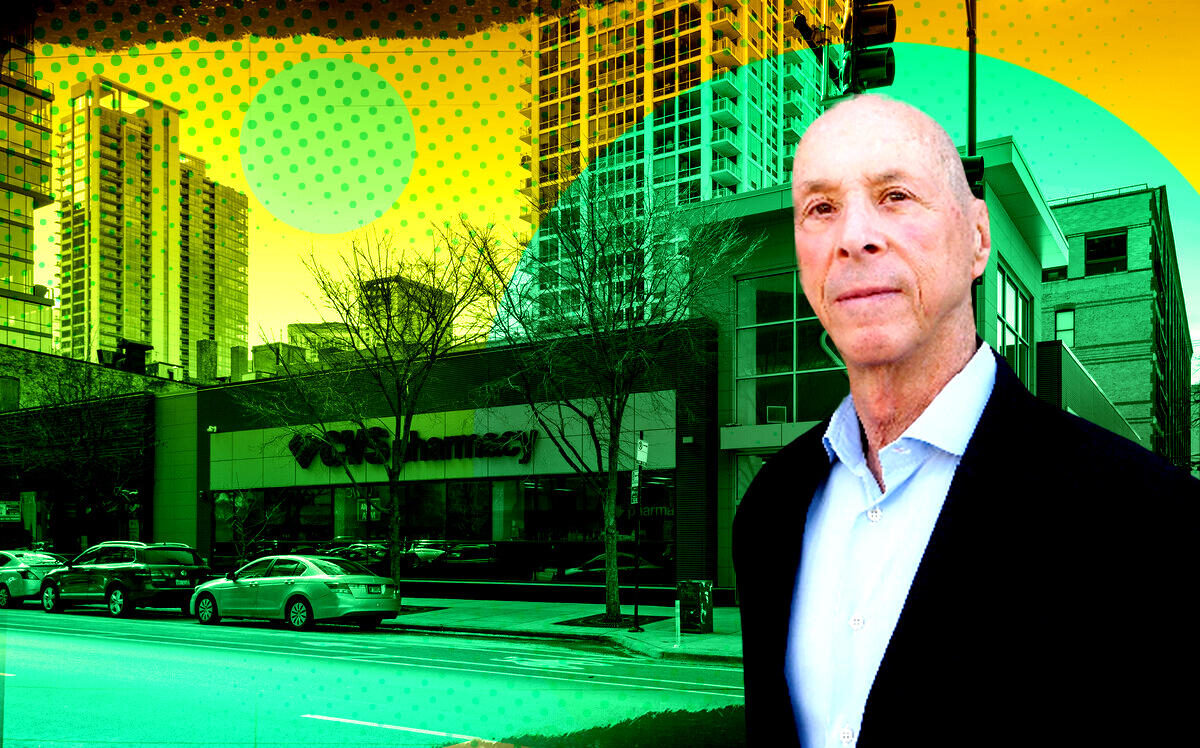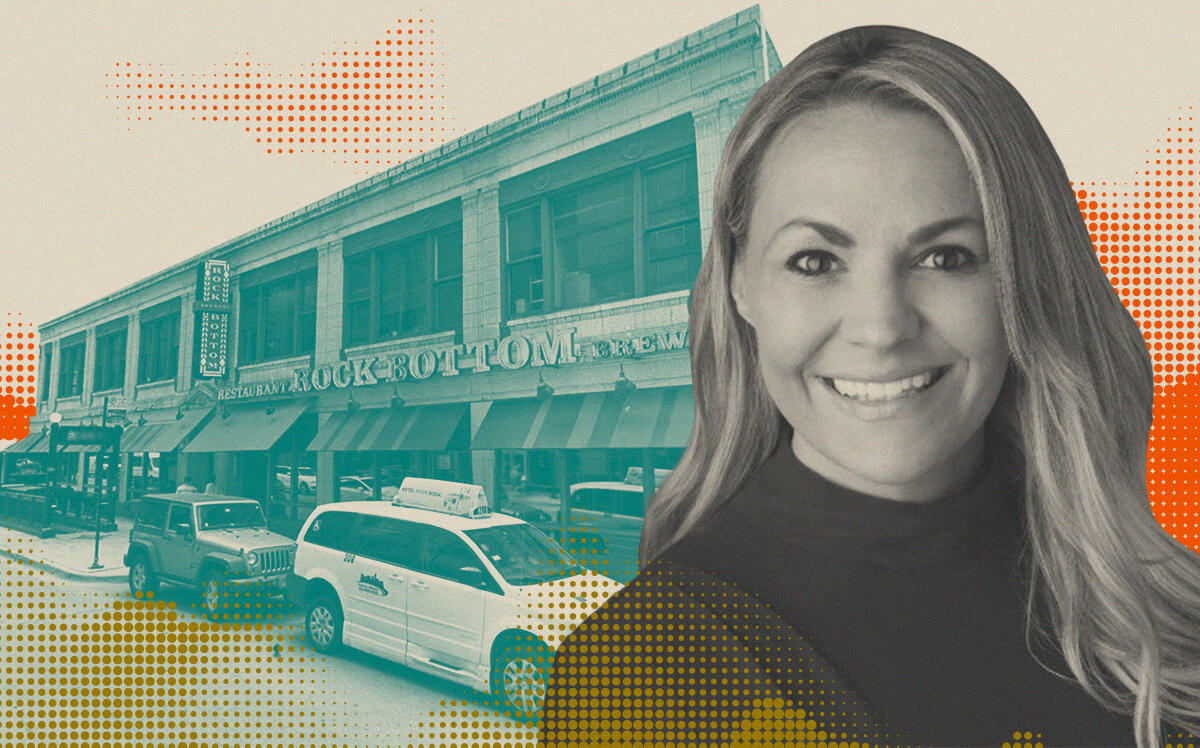River North retailers are steadily recovering from the pandemic, unlike its Loop counterparts.
The area’s resurgence can be attributed to the area’s lively bar and restaurant scene, which makes up 39 percent of River North’s retail sector. Most landlords can count on a steady flow of customers on a daily basis given the variety in sources of foot traffic. The area features a high number of residents in the neighborhood, along with tourists and some office workers.
Vacancy rates for River North retail properties fell to 17 percent last year, down from more than 19 percent a year prior and 22 percent in 2020, Crain’s reported, citing data from Chicago retail brokerage Stone Real Estate.
“The theme here is that the diverse customer base has improved the vacancy in River North,” Stone’s Noah O’Neill told the outlet.
Meanwhile, retail assets along Chicago’s more traditional shopping destinations are still trying to rebound from pandemic-fueled vacancies. Many restaurants and bars in the Loop, with a similar population to River North, are more reliant on business crowds coming in for lunches from nearby office towers. The Loop’s retail vacancy rate rose again last year to 28.3 percent from 27.4 percent at the end of 2021, Stone found.
And the Magnificent Mile is a prime example of the Loop’s struggling retail sector. As of March, the Mag Mile’s vacancy rate was just below 30 percent. Big-name brands like Gap, Uniqlo and Banana Republic all left their spaces after the strip was pummeled by COVID-19.
River North’s retail market has also been aided by a vibrant art scene and the addition of cannabis dispensaries. Green Rose, a marijuana shop co-owned by Chicago restaurateur Phil Stefani, opened in November at 612 North Wells Street. Progressive Treatment Solutions got city approval for a weed store in the former Rainforest Cafe, a 22,000-square-foot building at 605 North Clark Street around the same time, the outlet said.
The growing gambling industry may serve as a boost for River North, as well. In February, the Illinois Gaming Board approved licenses for a temporary casino at 600 North Wabash Avenue, which will eventually be replaced by the Bally’s-planned development of a permanent $1.7 billion casino on the Chicago River, set to be built on the site of the Freedom Center printing plant.
— Quinn Donoghue
Read more



